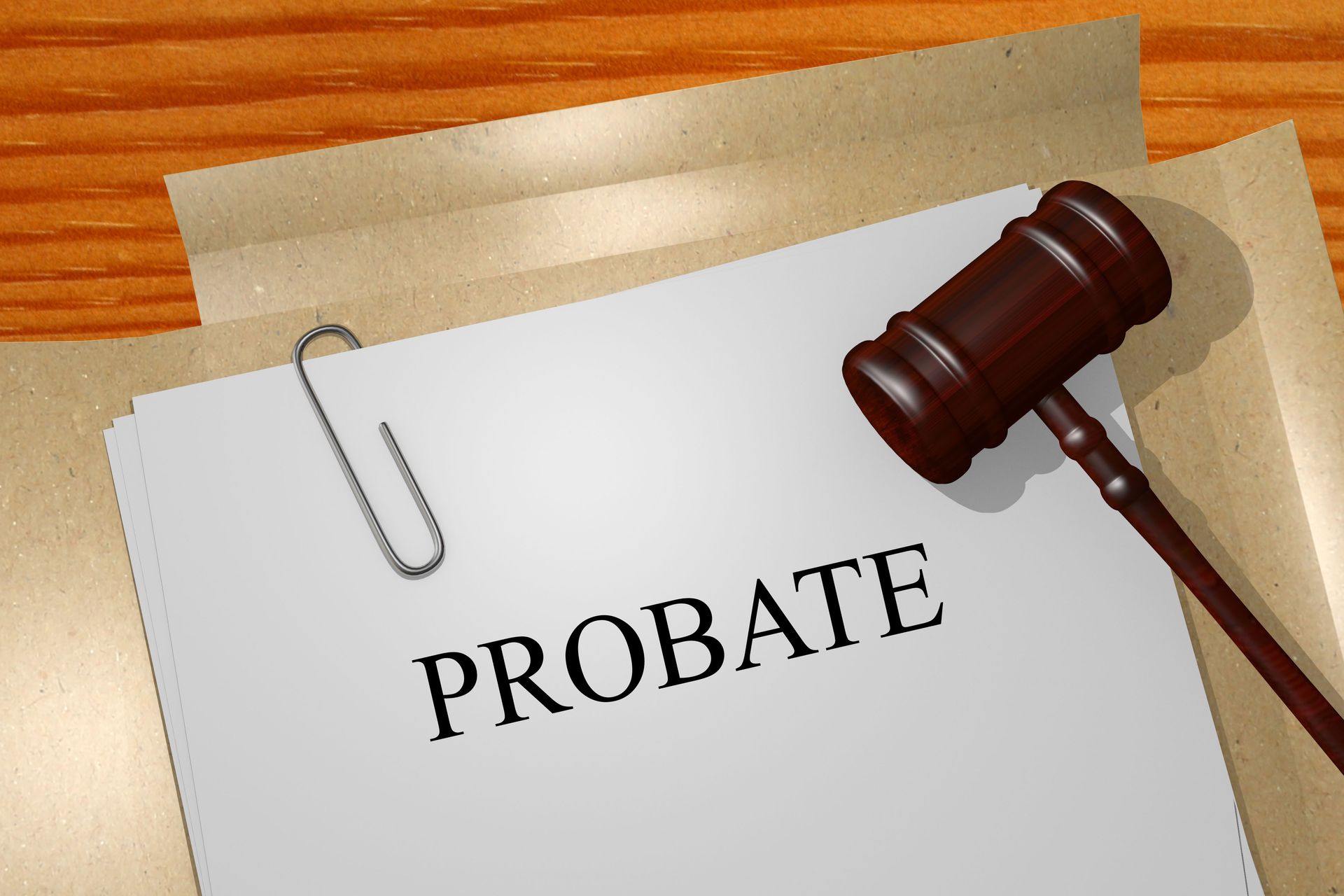Why Do Disputes Arise and What Can You Do?
Disputes over the distribution of property in estate planning are unfortunately common and can arise from various causes. Understanding why disputes occur and how to address them effectively is crucial for minimizing friction and ensuring a smoother estate distribution process. This article explores the reasons behind such disputes and offers strategies for resolving them.
Miscommunication
Miscommunication is one of the most significant contributors to disputes in estate planning and the distribution of property. Often, estate planning involves numerous parties, including family members, legal professionals, and beneficiaries. If the wishes of the deceased are not clearly communicated, misunderstandings can arise, leading to disputes. This is particularly problematic when details regarding asset division, inheritance, or guardianship are not explicitly stated or outlined in the will or trust. To avoid these issues, it's vital to ensure that all aspects of the estate plan are clearly documented and communicated. Regular updates and family discussions can help ensure that everyone involved understands the intentions behind the estate plan. A probate litigation lawyer can also help clarify any ambiguities in the will, providing a clearer understanding of how property will be divided and minimizing potential conflict.
Conflicting Interests and Competition Over Assets
Estate planning disputes often arise due to conflicting interests among beneficiaries, especially when there is competition over valuable or sentimental assets. Whether it's real estate, financial assets, or personal belongings, when family members or heirs have differing opinions on who should receive what, tensions can escalate quickly. This is especially common in families where certain assets carry emotional significance or where there is significant wealth involved. According to IBISWorld, the estate law industry in the U.S. employs more than 630,000 people, which illustrates the prevalence of legal proceedings related to estate disputes. In such cases, the intervention of a probate litigation lawyer can be crucial. A probate litigation lawyer helps navigate these conflicts, ensuring that all parties are heard and that the estate is distributed in accordance with the deceased's wishes.
Personality Clashes and Unresolved Family Dynamics
Another frequent cause of disputes in estate planning is personality differences and unresolved family dynamics. These can contribute to the breakdown of communication and the escalation of conflict when it comes to distributing property. Inheritance issues can bring longstanding family tensions to the surface, especially when someone feels unfairly treated or overlooked in the will. In these situations, it's essential to approach the matter with sensitivity and empathy. Encouraging open and honest communication, perhaps with the help of a mediator or probate litigation lawyer, can help address emotional conflicts and facilitate a resolution.
When conflicts do arise, approaching them with empathy, fairness, and a willingness to collaborate can go a long way toward resolving disputes. By taking these steps, families and individuals can avoid prolonged conflict, ensuring that the estate is distributed according to the deceased's wishes while maintaining family harmony. For more information or to get started with our services, reach out to Hildebrand Law Firm LLC today.











Share On: